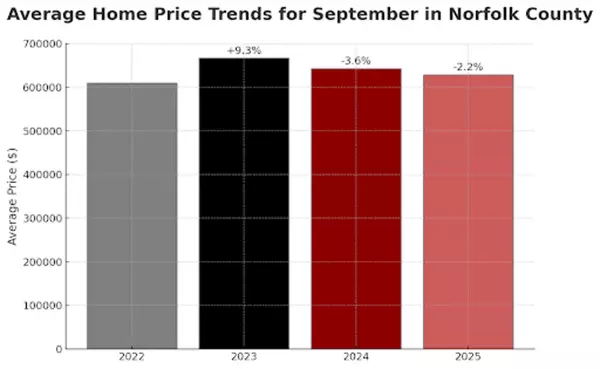Staying on Track: Building Wealth Through Regular Financial Review
In the business world, performance reviews are standard practice. Companies hold regular quarterly, semi-annual, or annual assessments to evaluate progress, measure outcomes, and adjust course where needed. These reviews are not treated as optional or idealistic. They are essential to running an organization responsibly and ensuring that strategic goals are met.
This same logic should apply to personal finances, especially for individuals investing in real estate or building long-term wealth. However, in most cases, it doesn’t. Despite working hard to achieve financial goals they have identified as important, many people do not see any tangible progress. What often separates those who reach their financial objectives from those who fall short is the habit of consistently and honestly evaluating their momentum and alignment with their goals.
Preventing Drift
One of the benefits of regular business reviews is the early identification of drift, where performance or behaviour begins to deviate from the original plan. Without these check-ins, small misalignments can develop into significant strategic errors. The same is true in personal finance.
Investors who do not periodically review their financial direction may find themselves making decisions that are inconsistent with their goals. These decisions might not be problematic in isolation, but over time, they compound. Unexamined spending patterns, underutilized capital, neglected tax strategies, and missed planning opportunities can all gradually undermine long-term outcomes.
Successful families conduct intentional check-ins to assess whether their daily financial decisions align with their long-term vision. They examine whether they are actually moving closer to their goals or simply reactively managing money.
A formal review creates a structured opportunity to examine whether day-to-day financial behaviour is supporting the goals that have been set. This does not have to be overly frequent; just once or twice a year can create a significant impact, and allows individuals to measure not just what they have accumulated, but whether they are on track to achieve what they intended when they started. The focus is to be able to make early adjustments when needed. By spotting differences between your actions and your goals regularly, you can make changes before small issues become bigger problems.
Assessing Real Estate Strategies in a Larger Context
Real estate investors can fall into the trap of focusing only on the performance of individual properties or specific deals, without stepping back to assess whether their broader financial structure still makes sense. The ability to acquire and manage assets does not guarantee that those assets are serving a coherent long-term plan. For example, an investor might continue accumulating properties without evaluating whether those assets align with their evolving lifestyle needs, risk tolerance, or retirement timeline, or they might fail to re-examine financing structures, tax implications, or other considerations that might be less relevant as circumstances change.
Aligning With Values
Often, wealth strategies optimize for maximum returns without considering whether those returns serve meaningful objectives. This approach often leads to scattered decisions that chase performance without building toward anything specific.
Values-driven wealth building starts with clarity about what you want your money to accomplish and the legacy you want to build, then creates strategies specifically designed to achieve those outcomes. This framework often yields better long-term results because it fosters consistency in decision-making and commitment during challenging periods. Again, taking time to assess whether your progress continues to align with your values helps ensure you are on the track that you want to be on.
Building a System for Accountability
The review should include an evaluation of cash flow, liabilities, asset allocation, and goal progress. It should also prompt broader questions and ensure financial decisions are being made with purpose. Consider whether any changes have occurred that should impact your next steps and whether your current strategy remains suitable.
In many cases, it is helpful to conduct these reviews with professional support. This will provide an expert perspective, identify missed opportunities, and provide accountability that is difficult to maintain alone. It can also help point to new tax sheltering and wealth-building tools like permanent life insurance.
However, the core responsibility remains with the individual or family to take ownership of the process and ensure it happens regularly. When your investment approach aligns with your goals and priorities, whether you want flexibility for seizing opportunities, security for peace of mind, or growth for legacy building, every financial choice becomes easier to evaluate and more likely to serve your actual objectives.
Treating Wealth Building with the Seriousness It Deserves
Most people would never accept a business leader saying they had not reviewed performance in over a year, although many treat their personal financial lives with that level of neglect.
Even when using “passive income strategies,” wealth is not built passively. It is built through consistent, informed, and intentional decisions.
If building long-term wealth is a priority, then it must be managed with the same discipline and structure used in any successful enterprise. That begins with setting aside time at least annually to assess whether actions are aligned with intentions, and whether adjustments are needed to stay on track.
Recent Posts










